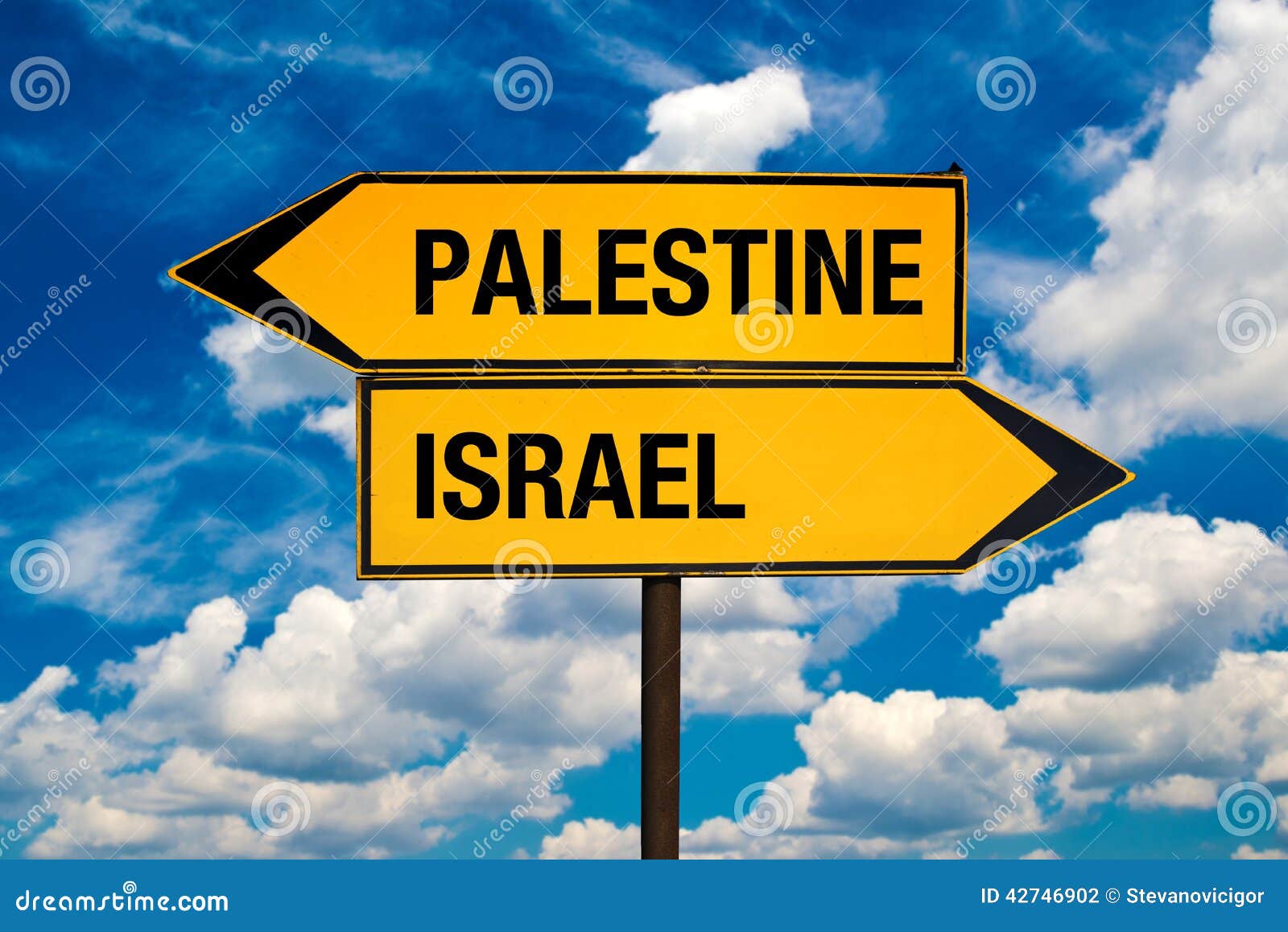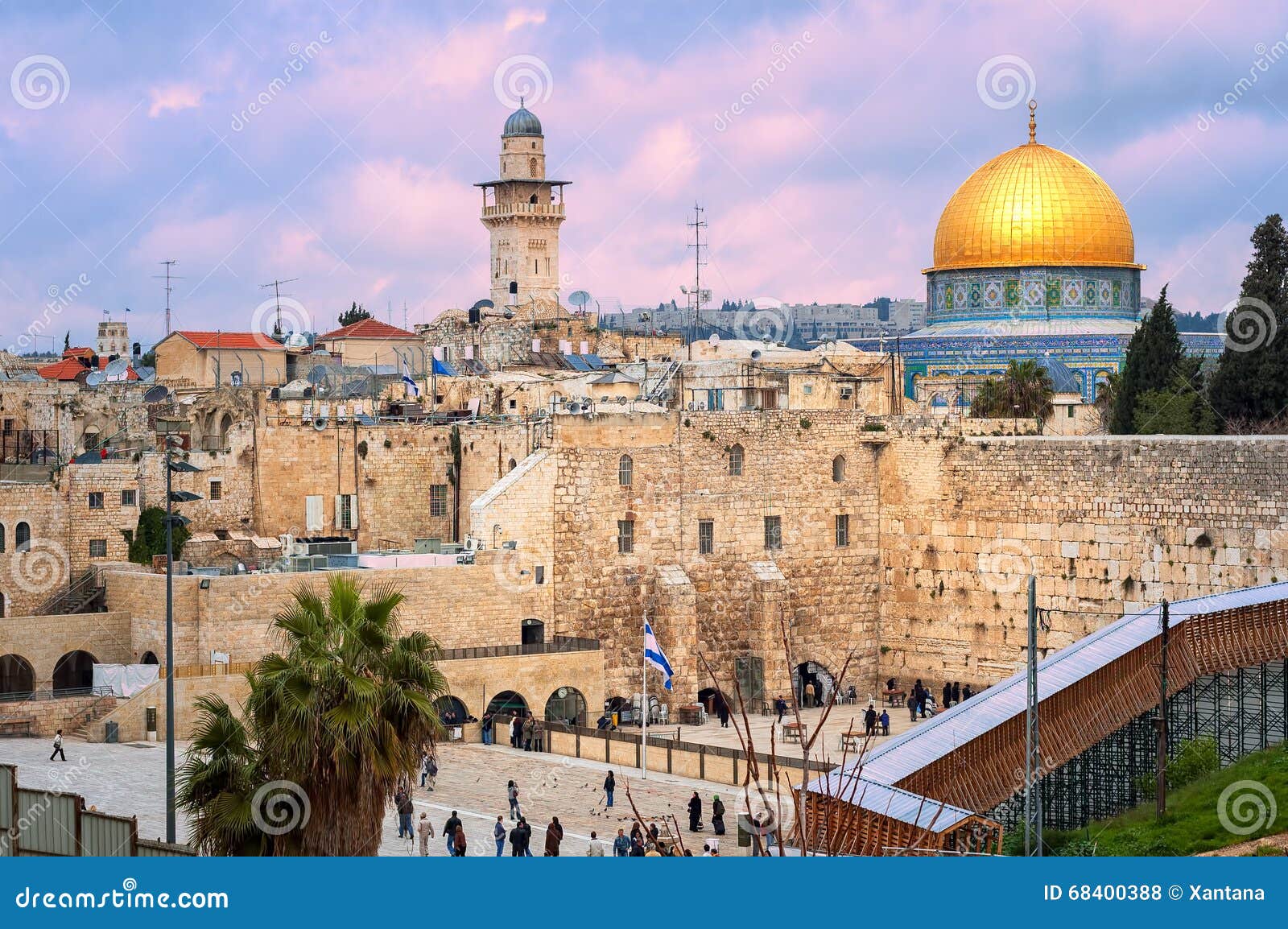
Have you ever walked up on a conversation and heard a remark that startled you? Amused or confused you? Since you didn’t hear previous comments or know the context, is it possible (maybe even likely) that you might come to a wrong conclusion about what was really said or intended?

Likewise I wonder how often we misunderstand a situation since we don’t know the full story. Sometimes we don’t have enough information or maybe we just have partial knowledge and thus cannot fully know. Partial knowledge or the absence of context can lead to errors of judgment and faulty opinions.
Recently in preparation for a trip we bought a new piece of luggage that was “on sale.” We made the purchase because it was marked down more than 50% of the original price. What a bargain. NOT! After getting home I checked a major online retailer and discovered that the exact piece of luggage was available for $22 less than the “marked down” item at a local department store. If we had known the full story before making the purchase, we probably would have made a different decision.
A couple of weeks ago I stumbled upon a news story about violence in the West Bank. Since I have been to Israel many times I clicked on the link (https://www.cnn.com/videos/world/2015/10/20/bethlehem-palestinian-israel-mideast-backstory-wedeman.cnn). What I found was Ben Wederman, CNN Senior International Correspondent, explaining how they cover the situation in Bethlehem, West Bank. He explained that he had been covering the situation at the same spot for over 20 years. Every Friday afternoon about 3:00, youth gather and throw stones and other objects at the Israeli soldiers stationed nearby at the wall that separates the Palestinians from Israel. The soldiers respond with rubber bullets and tear gas.
I have watched this orchestrated protest demonstration from my Jacir Palace Hotel room which can be seen in the background. The conflict in Israel and the West Bank is real and I do not intend to minimize its significance. If you watch television news for very long you will likely see scenes of violence in that region of the world. It is not unlikely that you will view the happenings described by this journalist. If you don’t know the full (back) story, it can appear that the entire city of Bethlehem is in an uproar when in actuality just blocks away it is business as usual in the beautiful bustling West Bank city.
When faced with difficult situations where people of faith are compelled to respond, Christians will often ask WWJD, What Would Jesus Do? That is a legitimate question and offers guidance on appropriate behavior but it is all too easy to pull one incident out of the Bible and make it the standard for conduct in all situations. The danger of this “cookie cutter” approach to the Scripture is you often don’t get the full story.
Mr. Sheffield Thompson was a self-taught man with a photographic memory. Although he lacked a lot of formal higher education, he was a genuine intellectual. He told me many times, “We do not know the historical Jesus. We only know the cultural Jesus we have created.” I think he was saying that we looked only at the aspects of Jesus that confirmed our already held beliefs. We failed to see Jesus in full character and used our limited understanding to sometime justify our misunderstanding of what it means to be a follower of Christ.
God help us to know the full story and pattern our lives accordingly.
Jamie Jenkins












